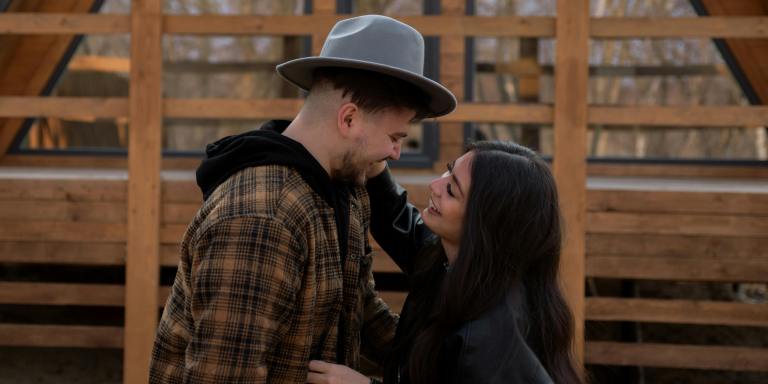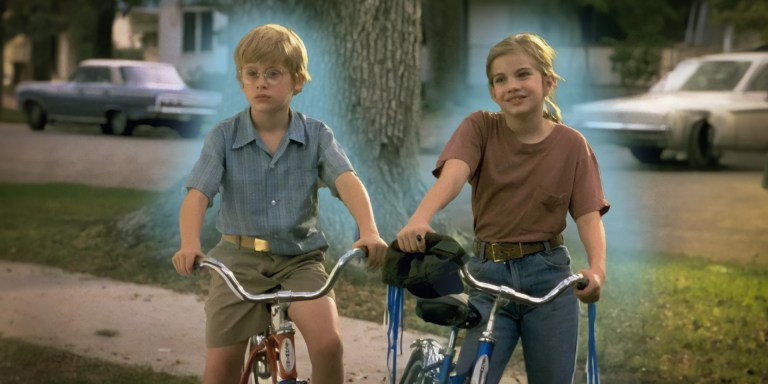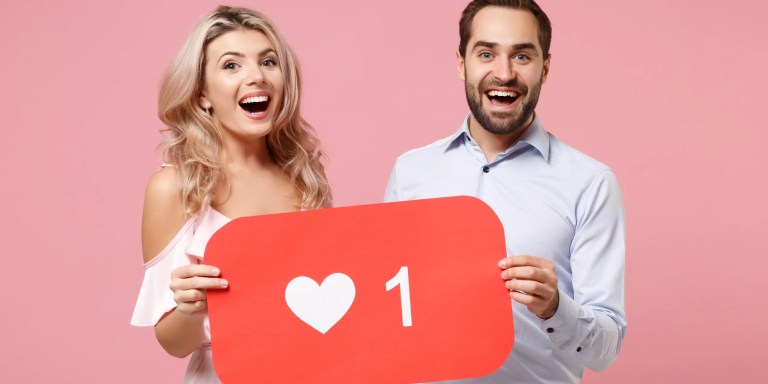
Doctor says: there’s a good chance it’s harmless; this condition is pretty common.
Doctor says: it could be related to your anxiety, or maybe you were born with it … might be something else entirely, but we won’t know until next week.
Doctor says: did you know you have a heart murmur?
The beat is accelerating, climbing. I tell her, “No.” I am over-aware of my heart now, the uneven thumping that begs to join the conversation. It’s not the first time, though today it feels especially militant.
The doctor tells me I need an EKO — that’s an echocardiogram, a sonogram for the heart. “It’s really cool,” she says. “I’ve always wanted one, myself.” I think about the future, specifically an hour from now when I will go home and Google ‘heart murmur’ and decide how I feel. For the moment, I am calm. Serene, even.
I leave the doctor’s office thinking, “If you’re afraid of hearing bad news from a doctor, you just haven’t heard enough bad news yet.” I am pleased with this theory; bad news seems to be something I collect these days and so I need to rationalize it somehow. I feel cynical for thinking this way, all nihilistic and whatevercentric. But it makes bad news easier to swallow, that indifference.Try it sometime.
A memory: I am twenty-four and newly unemployed and — this is an important one — I am alive. Very, very alive. For the first time in my life, the days are thick with opportunity and they’re finally my own; they belong to me. All I had to do was figure out what to do with them.
On a Monday I visit Beth Israel Hospital and undergo psychiatric evaluation. I want to enroll in an adult ADD study. I don’t need uppers, but the right amount sets me straight, helps me focus. Now that I’m making my own money, I need to focus. More than that, I will receive other things I need — physical exams and pills and even some cash. Things that are in short supply when you lose your job.
After determining that I have ADD, a doctor prescribes me a small dose of Vyvanse and we schedule an appointment for the following week. “We’ll raise your dosage a tiny bit each week. If you ever feel uncomfortable, let us know and we’ll readjust it accordingly.” I am not allowed to know how many milligrams my prescription is, but I find it works well. My appetite is in tact, my teeth do not grind. The meds even me out in barely noticeable ways, like reading glasses for the mind.
But then I return for my next appointment. The dose goes up. I go up. My first day on new pills, I drink an espresso and subsequently melt down in a SoHo office where I’m freelancing. I’m in front of a computer screen when my vision starts to sparkle, explode. It’s like I’m staring at the sun. My heart is a manic drummer. I walk over to a window and pretend I’m outside. I stay inside, though, because I’m afraid I’ll die in the elevator on the way down. It’s panic turned all the way up. I call Beth Israel and my doctor asks me questions: what time did you take your pill? And what time did you ingest caffeine? She tells me to drink some water, that it’ll be over soon. Then she advises me to go easy on the coffee. I begin drinking decaf the next day. A week later, I’ve stopped drinking it entirely.
A Friday morning: I visit the doctor to refill my meds. “I want to go lower this week,” I tell her. She explains that my prescription has already been prepared, says to try out the latest dose in the morning. If it affects me negatively, I can just stop.
But I don’t get to start. That night at a bar, I smoke a tiny joint outside with friends and I’m instantly flying. My heartbeat speaks in tongues. My chest is tight, my panic unmanageable. It’s been thirteen hours since I took the last pill, but the pot reactivates it somehow, sends me up too high. To combat the spell, I drink water — gallons of it. I pace around the block in search of fresh air, but it all feels honey-thick, like it’s clinging to my lungs. I piss over and over again, trying to get all the bad news out. I never take Vyvanse again. I never return to the hospital. I never thought much about my heart before that night and now I’m ever aware of it.
“Murmur”: It just lends its name to what was there already. Its point of origin is unknown — it could have been caused by aging, or by anxiety, or by those tiny orange beads I agreed to take in exchange for the up feeling — the beads that first made me conscious of my heartbeat. But the not knowing doesn’t bother me much, to be honest. In the years between then and now, I have become accustomed to pairing symptoms with names. I am not afraid of doctors, of bad news.
The day of my EKO: the nurse is an hour late. “Traffic,” she says. I don’t mind. I am calm. Serene, even.
I take off my shirt, my bra. I lie on my left side with my arm tucked beneath my head. The nurse talks about her dog, her mother, her boyfriend. Every now and then she turns on a microphone and I can hear my own heart joining the conversation. It sounds like a broken dishwasher.
She says everything looks good and I ask if I can see it. The heart. We watch a looping three-second video of the thing as it pulses and pumps. It doesn’t look all that good to me, but it’s not leaking and it’s not weak, so there’s nothing we can do about it now, is there?
A week later: I tell my friend about the heart murmur, excusing it. “It’s there, but it’s not doing anything. It’s fine.” She takes the news harder than I expected, harder than I did. “It might be fine now, but doesn’t it mean something bad could happen in the future?” Of course it does. I imagine I’ll be practiced in these sorts of things, by then. ![]()
This post originally appeared on Medium.





